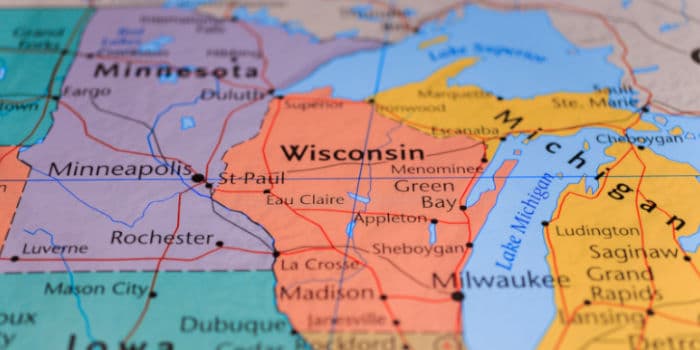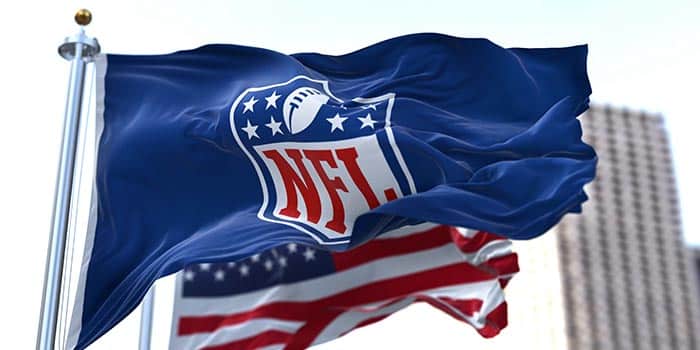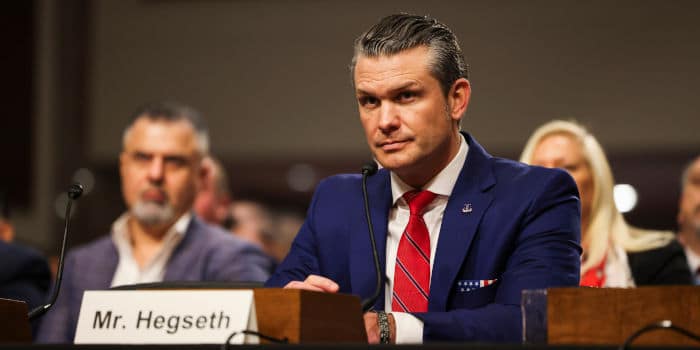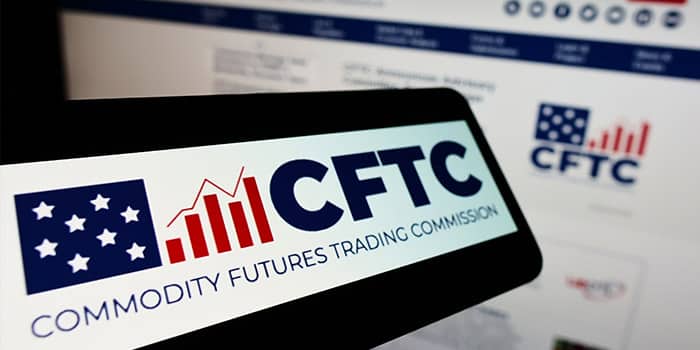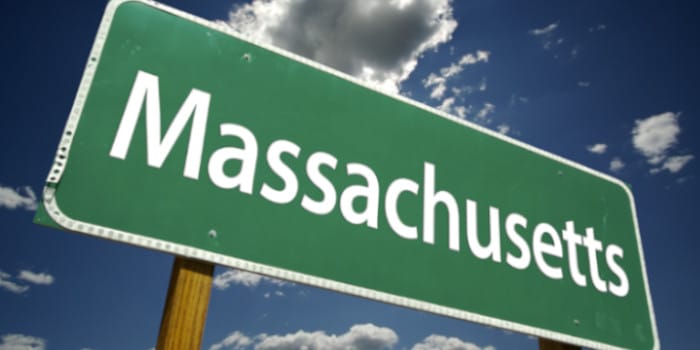Fact-checked by Stoyan Todorov
Tribes Challenge Kalshi’s Sports Betting in Maryland Case
A coalition of tribes and associations that argues Kalshi’s sports contracts violate tribal gaming laws has submitted an amicus brief, entering the legal battle between the state of Maryland and the popular prediction market

A coalition of 27 federally recognized tribes, along with seven tribal associations, has entered the legal battle between prediction exchange platform Kalshi and the state of Maryland by submitting an amicus brief.
Kalshi’s Contracts Allegedly Threaten Tribal Gaming Operations
They argue that Kalshi’s sports event contracts effectively operate as illegal sports wagers, a position mirroring their earlier intervention in a similar case involving New Jersey.
This joint filing in Maryland’s U.S. District Court follows a prior brief filed by over 65 tribal groups supporting the state’s stance.
The coalition comprises major organizations, including the Indian Gaming Association, the National Congress of American Indians, and several regional tribal gaming associations, as well as 27 individual tribes.
The tribes contend that Kalshi’s contracts, which let users bet money on the outcomes of sporting events but are regulated as financial products by the Commodity Futures Trading Commission (CFTC), pose a direct threat to tribal gaming operations.
Additionally, the filing spoke about the “shared, strong interest” of the Tribal Amici in the case, given its “potential to have a significant impact on their member tribes’ sovereign rights to conduct and regulate gaming on Indian lands”.
The tribes also emphasize how important gaming revenue is for funding vital government services and supporting their economic independence.
The “Special Rule” Matter
At the heart of the case is a big legal question: does the Commodity Exchange Act (CEA), which oversees futures trading, override the Indian Gaming Regulatory Act (IGRA) that specifically governs tribal gaming?
The tribes reject Kalshi’s claim that the CEA preempts IGRA. They emphasize that the “special rule” granting the CFTC authority to ban markets related to gaming suggests Congress never intended for futures law to cover gambling.
The brief states, “Kalshi’s sports betting operation rests entirely on its assertion that it alone has the preemptive authority to self-certify that its gaming activities do not violate the CEA, CFTC regulations, IGRA, or other federal statutes governing gaming, such as the UIGEA and the Wire Act. This is incorrect.”
Motion Filed
Kalshi’s legal team has pushed back, filing a motion to exclude the tribes’ brief. They argue the tribes have no direct stake in the Maryland case and add no new arguments beyond those already made by state defendants.
“If putative amici were permitted to file a brief at this late stage, Kalshi would have less than 48 hours before its supplemental response brief is due to respond to the material putative amici now raise,” Kalshi’s statement read.
The tribes also challenge Kalshi’s interpretation of a “two-step process” under the special rule, which requires CFTC review before banning an event contract.
The brief quotes former Senator Blanche Lincoln, a key architect of the law, who warned in 2010 that sports event contracts like those for the Super Bowl “would be used solely for gambling” and serve no commercial purpose.
The Maryland lawsuit stems from the state’s cease-and-desist order demanding that Kalshi stop offering sports-related event contracts.
Kalshi sued to block the order, citing prior injunctions won in Nevada and New Jersey. The case is now before the U.S. Court of Appeals for the Third Circuit, with multiple tribes and states filing briefs opposing Kalshi’s contracts.
After finishing her master's in publishing and writing, Melanie began her career as an online editor for a large gaming blog and has now transitioned over towards the iGaming industry. She helps to ensure that our news pieces are written to the highest standard possible under the guidance of senior management.
